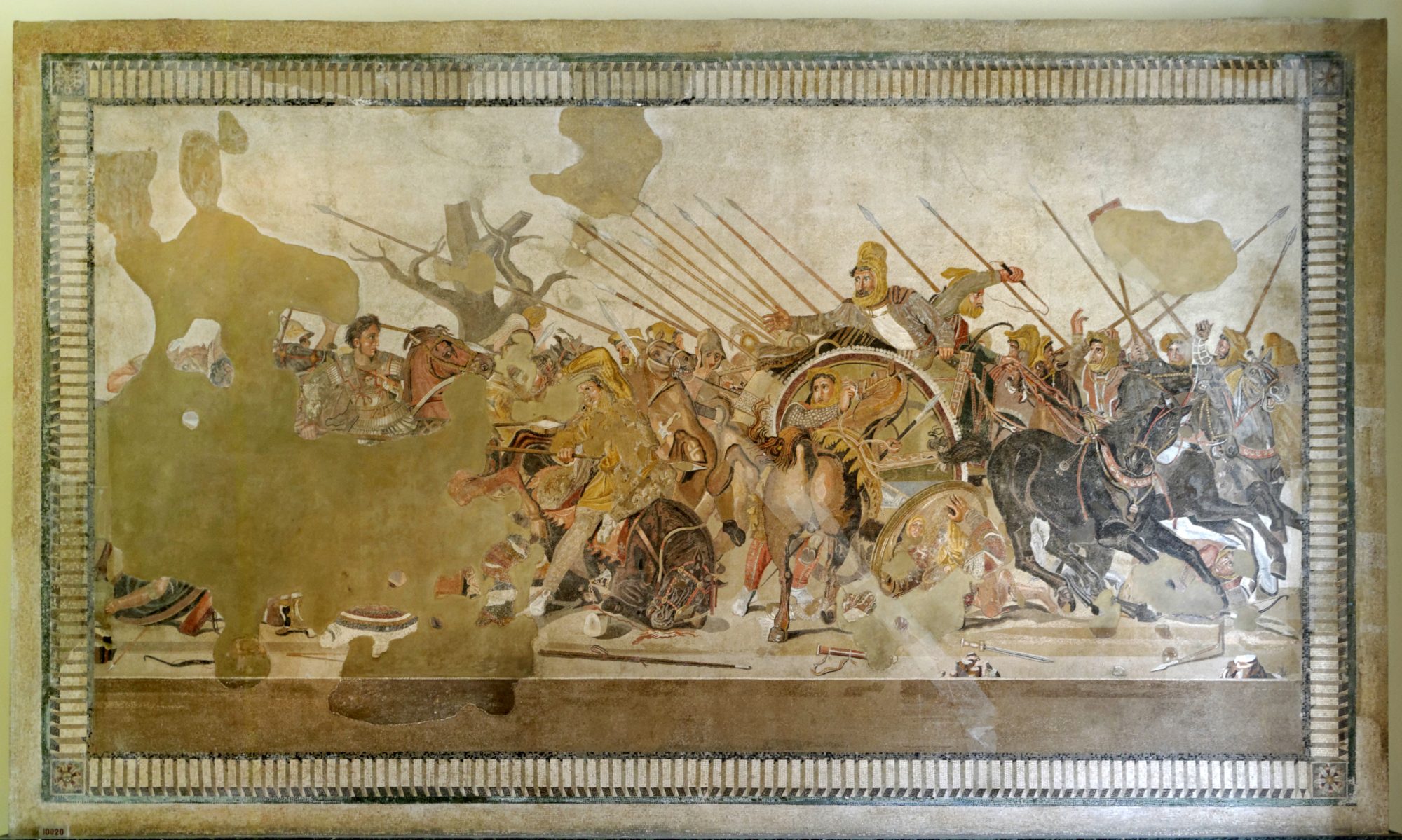
The sound and aroma of three hundred mules was a shocking assault of noise, dust and smell. The braying line of animals were still arriving behind the arrayed ranks of Egyptians and the Yamites, when the Chiefs of Irthet, Sethu and Wawat submitted. Privy Councillor of Southern affairs, Sole companion to Pharaoh, Harkhuf had many Impressive titles with which to awe the southern Chiefs. Quite apart from the lavish goods his mules were carrying, and the glinting spears of his army, this emissary carried the writ of the King of Egypt. Yet for all that he was probably most proud of his title as Caravan Conductor (Though Wilkinson calls him Chief of Scouts). It was a difficult job, requiring initiative, sound judgment, military capability and diplomatic tact. The Egyptian state joyed in endowing multiple functions to one body, the Old Kingdom especially loved to bestow cart loads of titles on efficient bureaucrats. A conductor’s prime objective was to take caravans of trade goods to foreign nations and return with tribute, to show the flag and assert dominance, and make exchange for tokens of good will, showing Egypt’s vested interest in a country. If the recipient was not inclined to go through this formalised sucking up ritual, the conductor was always given a hefty bodyguard with which to convince him.
Harkhuf’s father had been a conductor, and though it was challenging work, it was a position of great trust, as it was also essentially a security job, and so if a man was good at it he could expect rewards commensurate with the responsibility. Harkhuf could say that in addition to his academic exploits, (he was a Nekhen Judge), he had seen much more of the world, and embarked on more adventures than many Egyptians. At first he had learned on the job, watching his father, then Harkhuf had led his own convoys to explore the desert roads, watched over by the paternal eye until, Pharaoh Merenra deemed him competent enough to make the expedition to the land of Yam without supervision. As a large part of his job was to sniff out trouble and spy out the land, he had got wind of trouble brewing in lower Nubia. This was his third expedition, but in order to avoid the hostile tribes Harkhouf had taken the desert route reaching Yam only to find the chief was off on campaign in Libya. After tracking him down and collecting extra troops he made his way back via the regular route, to overawe the troublemaking, Chiefs, who now, seeing his assembled forces and rich baggage, submitted to him.
The chief of Irthet had his people gather the herds, and from them they cut out some Bulls and young cattle for Harkhuf to take with him, perhaps as exchange for the gifts of ebony, panther skins and Ivory offered by the conductor. After they had rested the chief guided them into the highlands.
Harkhouf was a pious, fair and serious man, who never spoke nonsense but was temperate in nature, subordinates would be unlikely to fear a tongue lashing from the boss. Harkhouf was probably one of those leaders who’s gentle reprove was worse than a dozen beatings, because he treated everyone fairly.
The journey to Yam became something of an annual event to ensure good relations. And a profitable exchange of goods took place between Harkhouf and the Chief. During his fourth expedition he sent a letter back to the 8 year old Pepi II, telling him of the dancing dwarf he had obtained. The young boy was filled with excitement which spilled over the royal reserve of a king god in his return letter, which promised rich rewards if Harkhouf returned with the the diminutive hoofer alive and well.
At his death Harkhouf was interred in his own tomb, upon whose walls he wrote of his life, and promised that passers by who respect its owner would be looked on favourably from the reaches of the other world.
Sources: Lives of the Ancient Egyptians: Toby Wilkinson. The Splendour that was Egypt: Margaret Murray. Funerary inscriptions respective to subject found at reshafim.org . The Nile and Egyptian civilisation: A. Moret. Ancient Records of Egypt: James Breasted. The Rise and Fall of Ancient Egypt: Toby Wilkinson. Soldier of the Pharaoh: Nic Field
Thanks for reading. See you again for another adventure in Historyland. Josh.


